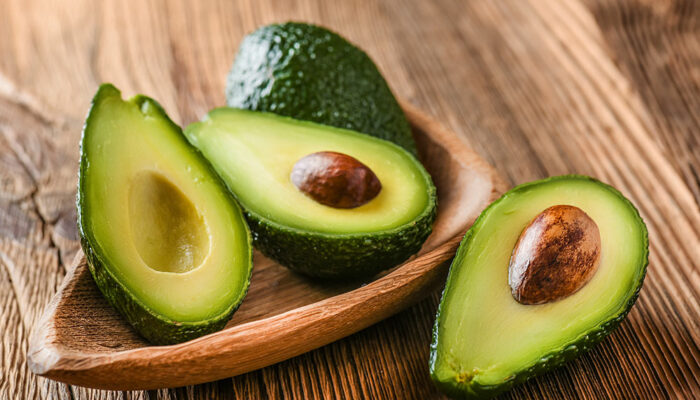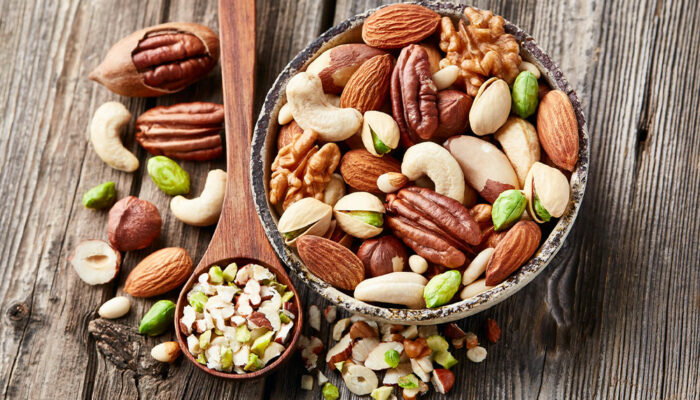
health
5 foods to avoid with atrial fibrillation
Atrial Fibrillation (AFib) occurs when there is a breakdown in the functioning of the atria or the heart’s upper chambers. Instead of beating at an average rate, the pulse begins to fibrillate, beating at a fast or irregular pace. AFib can increase the risk of stroke and heart failure, which can be fatal. To manage this condition, it is recommended to implement some lifestyle changes in addition to medical therapies. Based on available evidence, avoiding certain foods can help manage AFib better, as these have been shown to affect health and increase the risk of heart complications negatively. They may also lead to other health issues such as diabetes, cognitive decline, and certain cancers. Therefore, common foods to avoid with atrial fibrillation include: Energy drinks Energy drinks contain a large amount of caffeine, excessive sugar, and stimulants, which can negatively affect the cardiovascular system. Observational research has linked the consumption of energy drinks with serious cardiovascular events, including arrhythmias and sudden cardiac deaths. It is suggested that people with AFib avoid energy drinks. Partially hydrogenated vegetable oils and margarine According to studies, foods high in saturated and trans fats are associated with a high risk of AFib and other cardiovascular conditions.
Read More 








